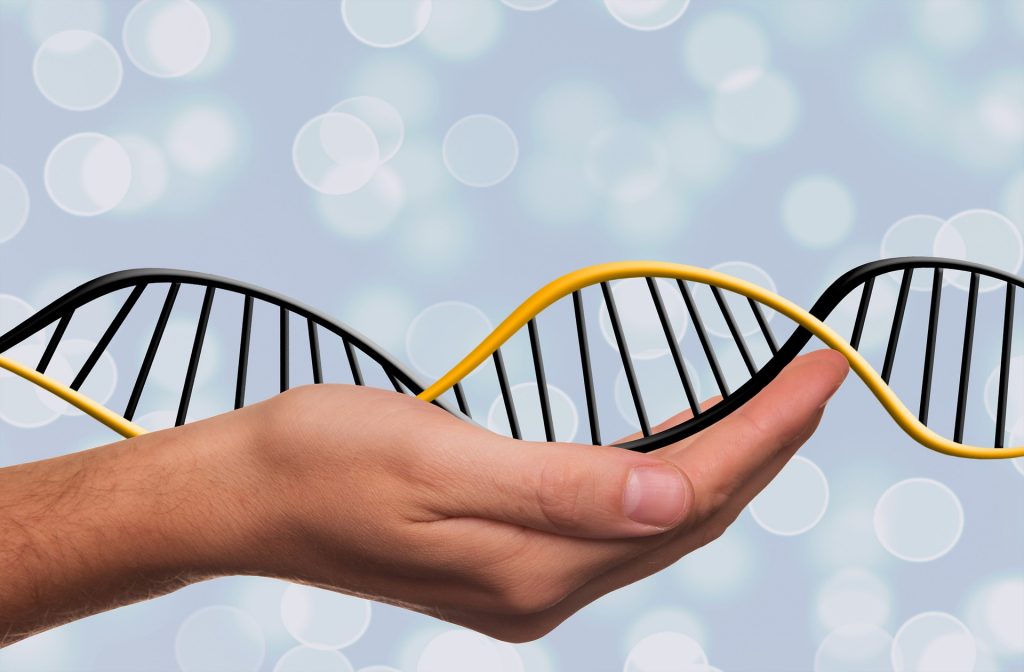
by Joseph Smith
Most scientists will have heard of genome editing in some form or another; whether it’s altering the genes of a cell line through radiation or targeting specific regions of the genome by inserting additional base pairs or entire genes. Undoubtedly, a large proportion of the general public will also have an idea as to what genome editing means, even if it is as a result of watching Jurassic Park! Due to recent advances in DNA editing technology, the prospect of using the technique to alter the genome of a human being is now less fantasy than reality. But even if we could edit our own DNA, does that mean we should?
Last year, scientists were forced to answer this question when the first genome edited babies were born, despite the practice being against government regulations. He Jiankui, a geneticist from the Southern University of Science and Technology of China, took to YouTube in November 2018 to announce his controversial studies. Jiankui claims that he successfully edited the DNA of human embryos using a technology called CRISPR-Cas9. These embryos were then implanted by IVF and 9 months later the first genome edited babies were born. But what part of their DNA had been edited and why? Jiankui claims that, using CRISPR-Cas9 technology, he was able to disable a gene called CCR5. This gene encodes the CCR5 receptor which allows the HIV virus to enter cells and by disabling it, theoretically, the virus cannot infect them. On the surface this might sound like a great idea; if we can prevent a disease then surely it must be beneficial?
However, the general response from the scientific community has been one of public outcry. Many view Jiankui’s use of the technology as being both dangerous and irresponsible. Scientists are yet to reach a consensus as to how genome editing technologies such as CRISPR-Cas9 should be used. Despite the potential benefits there are a great number of risks associated with such techniques, both scientifically and morally. Although genome editing may be used to prevent disease, it has the potential to be used for ethically questionable purposes, such as to select for specific traits. Further to this, it cannot be guaranteed that by editing one part of the genome you do not affect another, which could have disastrous consequences. In Jiankui’s case, experts have stated that there was no reason to have edited these babies’ DNA, as although the father was HIV-positive, there is no real risk of transmission. Furthermore, HIV-positive mothers are able to undergo caesarean section to avoid transmission of the virus. The Southern University of Science and Technology of China has stated that they were unaware of Jiankui’s research. The university have launched an independent investigation into his claims.
Genome editing has been and remains a controversial topic, and it is likely He Jiankui’s studies will have only reinforced the cautioned stance that the scientific community holds.